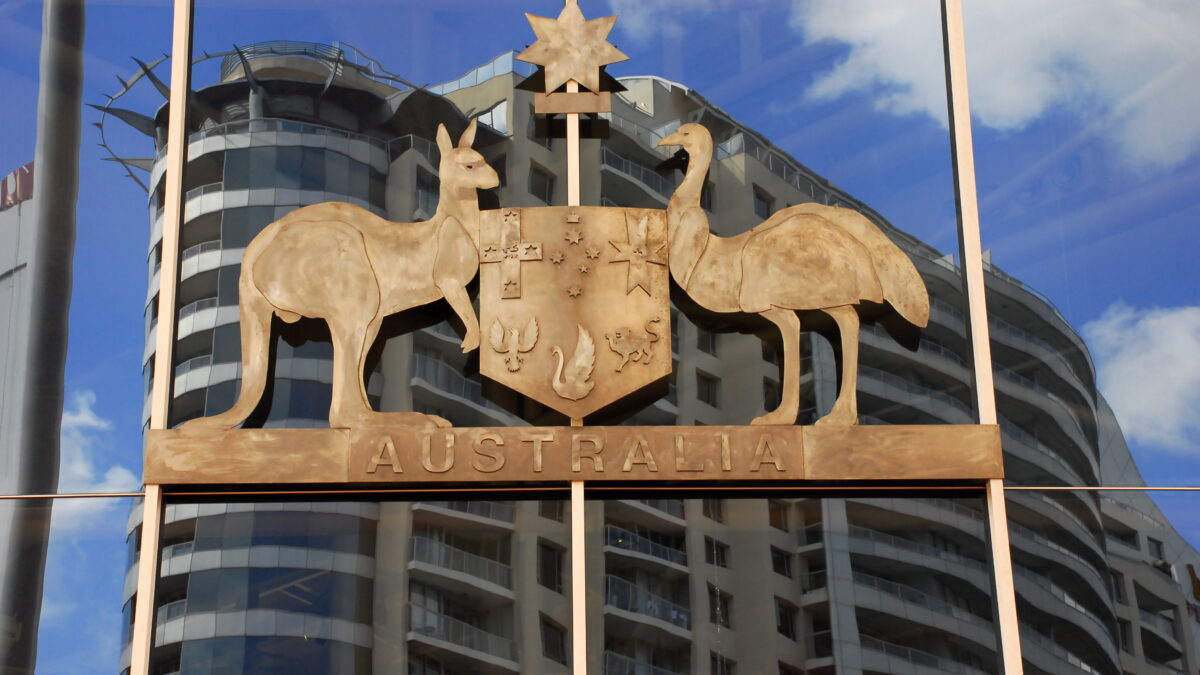 What we're watching
What we're watching
What We’re Watching: Quarterly Report – September 2025
In this month’s “What We’re Watching”, we provide our regular quarterly review of markets covering ASIC’s increased surveillance of activities in private lending markets and some high profile defaults on global credit markets.
 Market Reviews
Market Reviews
The boom in Australian securitised credit
Challenger Investment Management explore Australia’s booming securitisation market, where non-bank lenders drive record issuance and global investor demand.
 Market Reviews
Market Reviews
European & Australian ABS: 2025 review and outlook for the remainder of the year
With the traditional European summer lull long forgotten and given the busy issuance both and the European and Australian ABS/RMBS pipeline bursting, as we enter Q4, the Challenger ABS team provide a short review of the year so far and some insights into our expectations for the last quarter.
 What we're watching
What we're watching
What We’re Watching: Watching the flows
In this month’s piece we share our perspective on recent regulatory events in the private credit markets, which we believe should provide a solid step forward in improving governance issues in this market.
 Report
Report
Enhancing the credit premium: Securitised Credit a compelling alternative to Investment Grade Corporate Credit
We explore how securitised credit can enhance yield, reduce volatility, and offer defensive value for institutional portfolios.
 What we're watching
What we're watching
What We’re Watching: The numbers behind the “democratisation” of 401(k)s
This month we take a deep dive into the investment strategies employed by 401(k) plans following the move by the Trump Administration to ease the access for defined contribution schemes to invest in private markets, including private credit.
 What we're watching
What we're watching
What We’re Watching: Quarterly Report – June 2025
In this quarterly review, we explore why credit spreads remain resilient despite rising downgrade activity, record-high insolvencies, and signs of fundamental deterioration in riskier segments. Private credit continues to attract capital, but questions around valuations and governance persist as public markets offer increasingly competitive alternatives.
 Insights
Insights
Staying opportunistic without chasing risk: Challenger IM’s approach to income investing
Pete Robinson shares his views on staying nimble through volatility, finding value in private credit, and why fair value always matters.
 Insights
Insights
A flexible approach to income without interest rate risk
The Challenger IM Credit Income Fund aims to deliver RBA cash plus 3% per annum after fees through a blend of public and private short-dated credit, limiting exposure to interest rate and currency risk. By keeping loans short and offering monthly liquidity, the strategy provides income-focused investors with capital stability, flexibility, and access to private-market opportunities.
 What we're watching
What we're watching
What We’re Watching: The blurry line between co-dependence and independence
This month we discuss the role of independent agents in ensuring that governance standards in private markets are upheld. Citing the historical examples of Arthur Andersen, the credit rating agencies during the GFC and Link Fund Solutions we argue that these independent bodies are often beholden to the entities that they oversee with good governance starting at the entity itself.
 Knowledge
Knowledge
Introduction to Private ABS: Securitisation Warehouses
Securitisation warehouses, a type of private asset-backed securities, are the pre-curser to public asset-backed securities. They can offer a substantial yield pickup over public markets and investors can gain attractive risk-adjusted returns and meaningful portfolio diversification benefits from this sub-asset class. What are securitisation warehouses?
 In the Media
In the Media
In Trump’s world nothing is certain, not even taxes
The Trump administration is playing a dangerous hand, assuming that foreign investors and corporations have no choice but to remain in US markets.